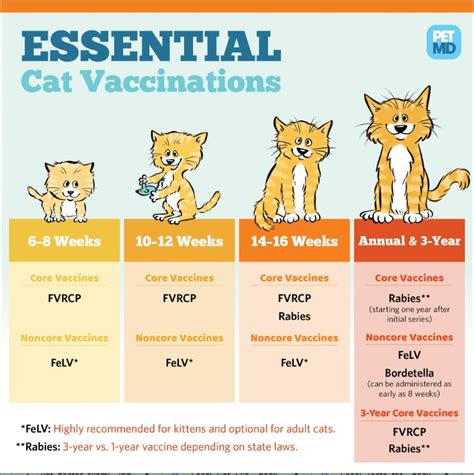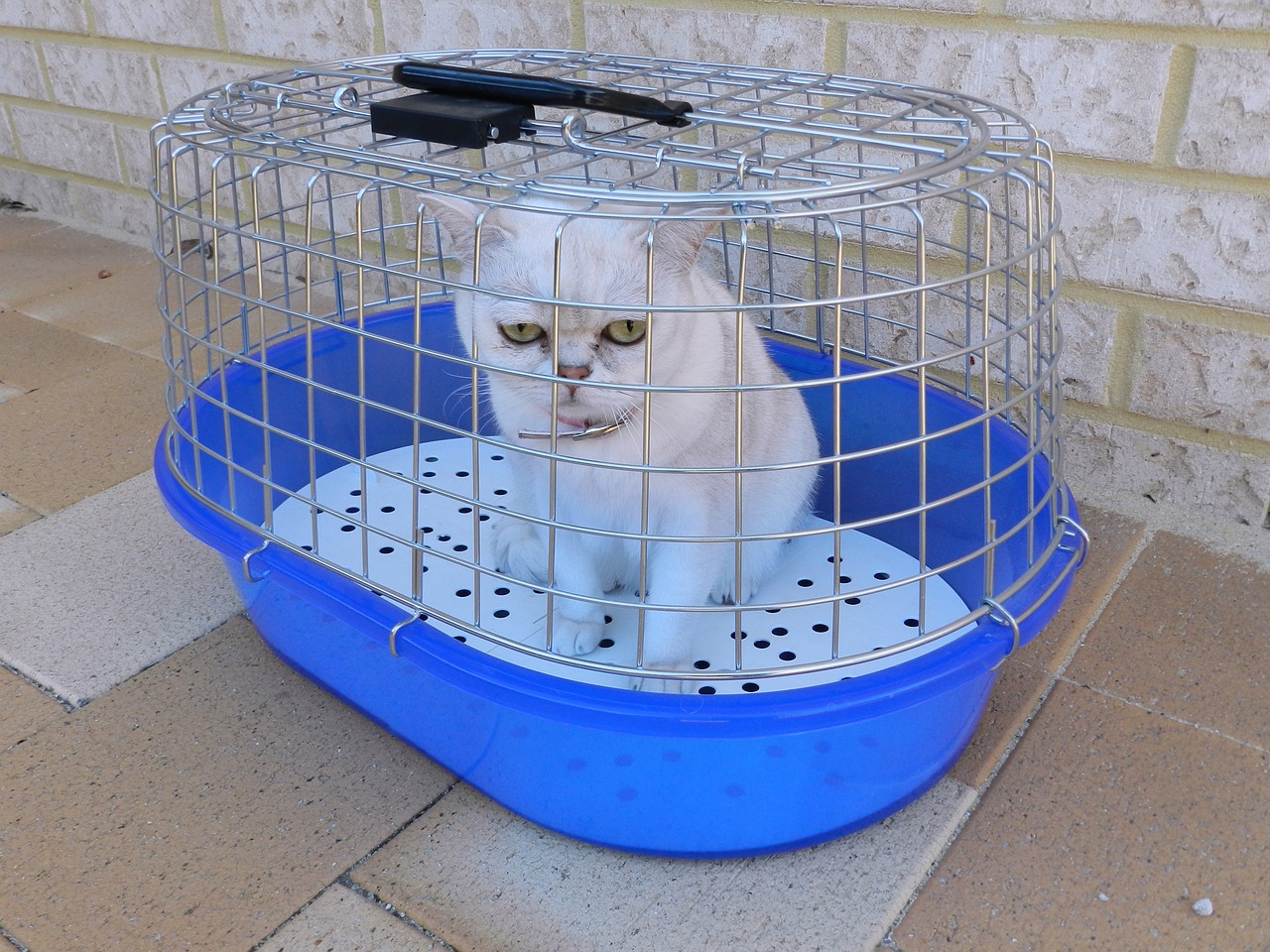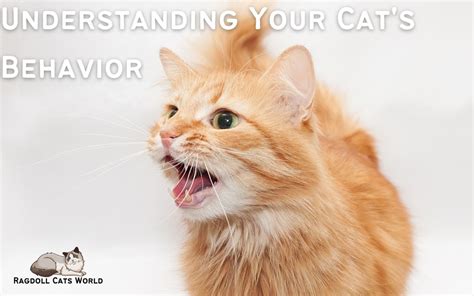Explore the significance of cat vaccinations, common types, optimal timing, potential risks, and how regular vet visits enhance their effectiveness for your feline’s health.As a devoted cat owner, ensuring the health and well-being of your feline friend is a top priority. One of the most crucial steps you can take is to prioritize preventative healthcare through essential vaccinations. Vaccinations play a vital role in protecting cats from a variety of infectious diseases, ultimately leading to a longer and healthier life. In this article, we will explore the significance of cat vaccinations, the common types available, the optimal timeline for starting vaccinations, potential risks and side effects, and how regular veterinary visits can enhance their effectiveness. Join us in understanding the critical nature of preventative care for cats, so you can give your pet the best chance at a vibrant, healthy life.
Understanding The Importance Of Cats Vaccinations
Vaccinations are a pivotal aspect of maintaining optimal health for your feline friends. Cats vaccinations play a crucial role in protecting your cat against several serious and potentially life-threatening diseases. By ensuring your cat is vaccinated, you not only safeguard their health but also contribute to the overall welfare of the cat population.
One of the key reasons for cats vaccinations is the prevention of infectious diseases like feline panleukopenia, feline leukemia virus (FeLV), and rabies. These diseases can lead to severe health complications or even fatality if contracted. Vaccines work by stimulating the immune system to produce a response, essentially training it to combat these illnesses effectively.
Moreover, vaccination can lead to herd immunity within the feline community. This is especially important for outdoor cats who may come into contact with other animals. By vaccinating your cat, you help reduce the overall prevalence of these diseases, thus protecting other unvaccinated cats as well.
In addition to preventing diseases, regular vaccinations allow for the early detection of any changes in your cat’s health, as vet visits typically include comprehensive health checks. This proactive approach means any potential health issues can be addressed well before they become serious concerns.
Overall, prioritizing cats vaccinations is a responsible decision that enhances the quality of life for your pet while promoting a healthier environment for all cats. Always consult with your veterinarian to establish a suitable vaccination schedule tailored to your cat’s specific needs and lifestyle.
Common Vaccine Types And Their Benefits For Cats
Vaccinations are a vital part of a cat’s healthcare routine, providing protection against various infectious diseases. Understanding the common types of vaccines and their benefits can help pet owners make informed decisions regarding their feline companions. Here are some of the most frequently administered vaccines for cats vaccinations:
- Feline Panleukopenia (FPV): Often referred to as feline distemper, this vaccine protects against a contagious and potentially fatal virus that attacks the cat’s immune system. Essential for kittens, this vaccination significantly reduces the risk of severe illness.
- Feline Rhinotracheitis (FHV-1): This vaccine safeguards against a virus that causes respiratory infections in cats. It helps to reduce the severity and duration of symptoms, making it crucial for both kittens and adult cats.
- Feline Calicivirus (FCV): Similar to the rhinotracheitis vaccine, the FCV vaccine protects against another common respiratory illness in cats. Vaccination can lower the risk of serious disease and is essential, especially in multi-cat households.
- Feline Leukemia Virus (FeLV): Recommended for cats who spend time outdoors or are in contact with other cats, this vaccine helps protect against a virus that can lead to cancer and other serious health issues.
- Rabies: This vaccine is crucial in preventing rabies, a fatal disease that affects the nervous system. Many regions require rabies vaccinations for all cats, highlighting their importance for both pet and public safety.
Understanding these cats vaccinations ensures that cats receive essential protection against harmful diseases. Always consult your veterinarian to determine the best vaccination schedule for your cat based on its age, lifestyle, and health status.
When To Start Vaccinating Your Cat For Optimal Health
Understanding the right time to begin cats vaccinations is crucial for ensuring the best health outcomes for your feline friend. The vaccination schedule generally starts when kittens are around six to eight weeks old. At this stage, they are typically given their first set of vaccinations, which may include core vaccines such as feline viral rhinotracheitis, calicivirus, and panleukopenia (often referred to as the FVRCP vaccine).
The vaccination schedule can vary slightly based on your veterinarian’s recommendations and the specific health needs of your cat. Here’s a general guideline:
| Age (Weeks) | Vaccinations |
|---|---|
| 6-8 | FVRCP (Core vaccine) |
| 10-12 | Boosters for FVRCP |
| 12-16 | Rabies (Core vaccine) |
| Annual | Booster shots as recommended |
It is essential to continue cats vaccinations throughout your cat’s life, as some vaccinations may require boosters to maintain immunity. Regular veterinary visits will help keep your cat’s vaccination status up to date and ensure optimal health as they grow into adulthood.
Potential Risks And Side Effects Of Cat Vaccinations
While cats vaccinations are crucial for preventing serious diseases, it is essential to be aware of potential risks and side effects associated with these immunizations. Most cats tolerate vaccines well, but some may experience mild to moderate reactions. Here are some common side effects:
- Localized Reactions: Swelling or soreness at the injection site is common and usually subsides within a few days.
- Fever: A slight increase in body temperature can occur as the immune system responds to the vaccine.
- Lethargy: Some cats may feel tired or less active for a short period following their vaccinations.
- Allergic Reactions: In rare cases, cats may experience an allergic reaction to a vaccine, which can lead to symptoms like itching, hives, or difficulty breathing.
Severe reactions are uncommon, but it’s important to monitor your cat for any signs of distress or unusual behavior after vaccination. If any severe symptoms occur, such as persistent vomiting, swelling of the face or muzzle, or difficulty breathing, it is critical to seek immediate veterinary attention.
Additionally, certain health conditions or age factors may increase the likelihood of side effects. Consulting with your veterinarian can help ensure your cat receives the appropriate vaccines tailored to their individual needs while minimizing risks associated with cats vaccinations. Always keep a record of your cat’s vaccination history and discuss any concerns you may have with your vet.
How Regular Vet Visits Enhance Cats Vaccinations Effectiveness
Regular veterinary visits play a crucial role in maximizing the effectiveness of cats vaccinations. These check-ups allow veterinarians to monitor your cat’s overall health and well-being, ensuring that their immune system is functioning optimally before administering vaccines. Here are several ways that routine vet visits contribute to the effectiveness of cats vaccinations:
- Health Assessment: Vets can perform thorough health evaluations to identify any underlying issues that may affect vaccine efficacy.
- Customized Vaccination Plans: Each cat has unique health needs. A vet can tailor vaccination schedules based on your cat’s age, lifestyle, and health status.
- Boosting Immunity: Regular visits ensure that cats are healthy enough to receive vaccines, thereby boosting their immune response.
- Monitoring Reactions: Vets can observe any immediate reactions post-vaccination and provide necessary interventions quickly.
- Education: Pet owners can gain insights into proper care practices from their veterinarians, further enhancing their cat’s health and vaccination success.
Regular vet visits not only facilitate timely cats vaccinations but also ensure these vaccines work effectively, significantly contributing to your cat’s long-term health. Establishing a strong relationship with your veterinarian can lead to better outcomes for your feline friend.
Frequently Asked Questions
What is preventative healthcare for cats?
Preventative healthcare for cats involves regular check-ups, vaccinations, and health monitoring to prevent illnesses and ensure long-term well-being.
Why are vaccinations important for cats?
Vaccinations are crucial for preventing infectious diseases, protecting not only the individual cat but also the broader feline community.
What are the core vaccines recommended for cats?
Core vaccines for cats typically include rabies, feline viral rhinotracheitis, calicivirus, and panleukopenia.
How often should cats receive vaccinations?
Kittens generally require a series of vaccinations starting at 6-8 weeks of age, followed by boosters annually or every three years, depending on the vaccine and local regulations.
Are there any non-core vaccinations that should be considered?
Yes, non-core vaccinations, such as those for feline leukemia virus (FeLV) and feline immunodeficiency virus (FIV), may be recommended based on the cat’s lifestyle and risk factors.
Can I give my cat vaccines at home?
While some vaccines are available for at-home administration, it’s recommended that vaccinations be given by a veterinarian to ensure proper handling and minimize risks.
What should I discuss with my veterinarian regarding my cat’s vaccinations?
You should discuss your cat’s health history, lifestyle, and any specific risk factors to determine the appropriate vaccination schedule and choices.











